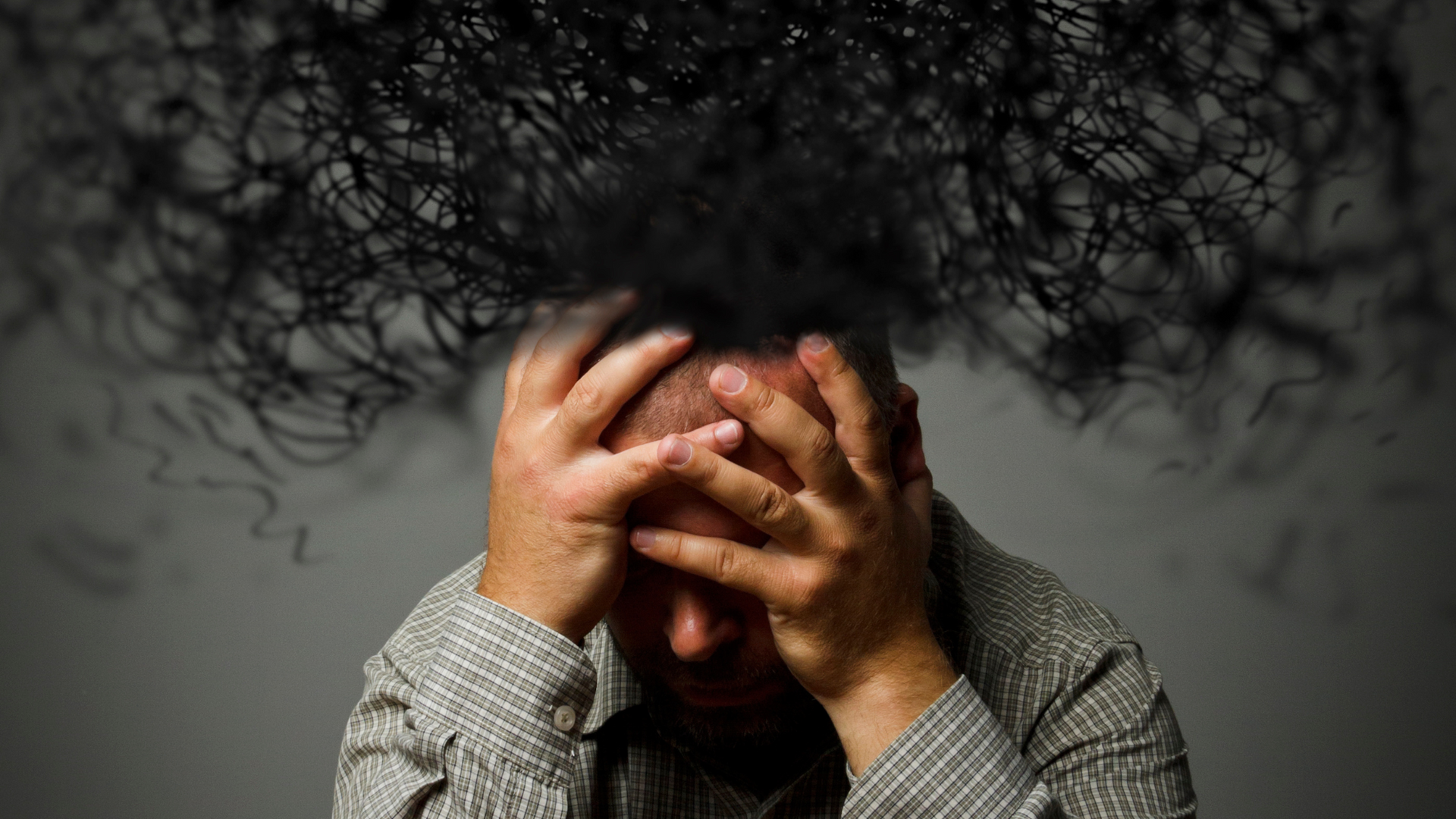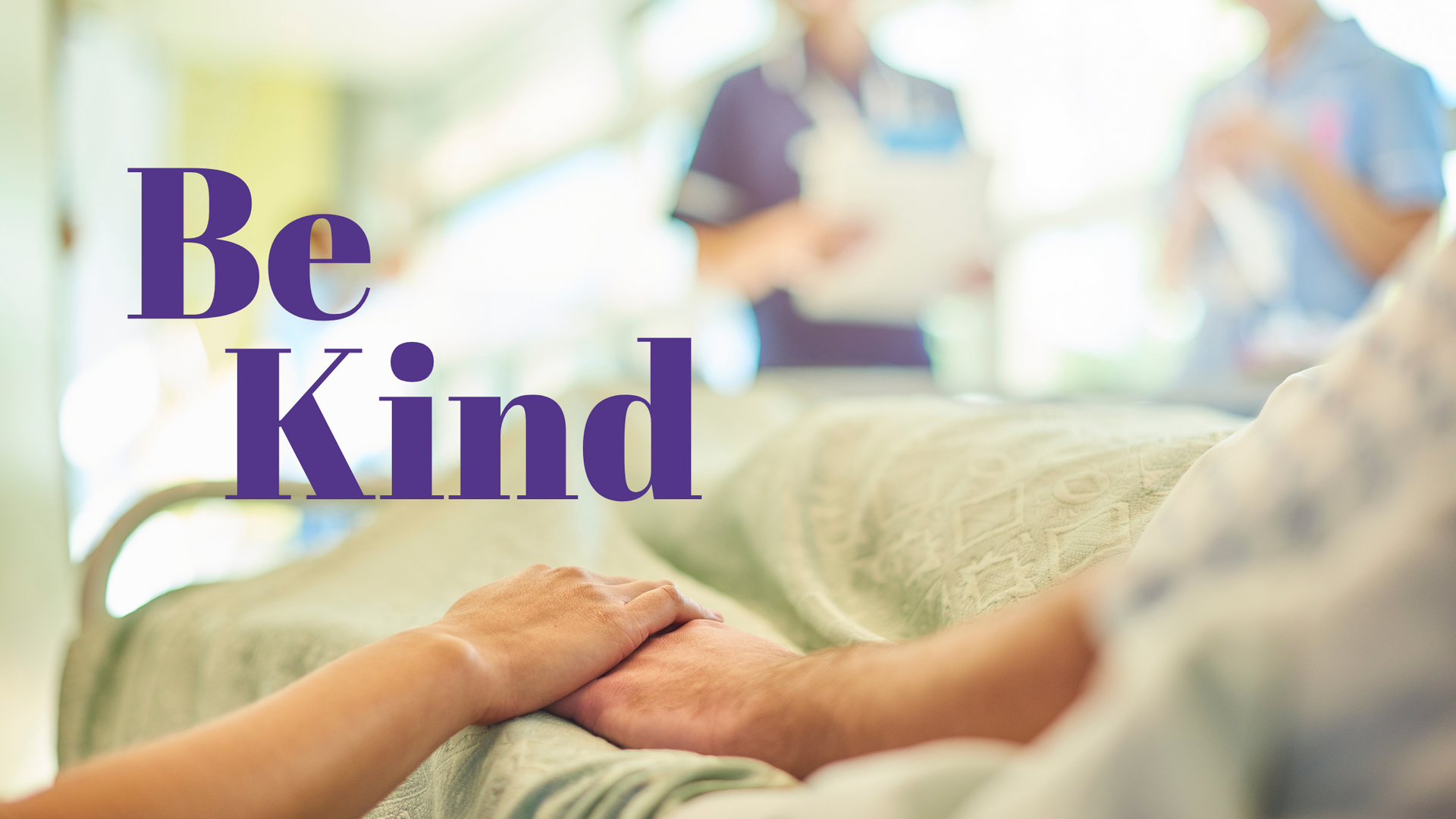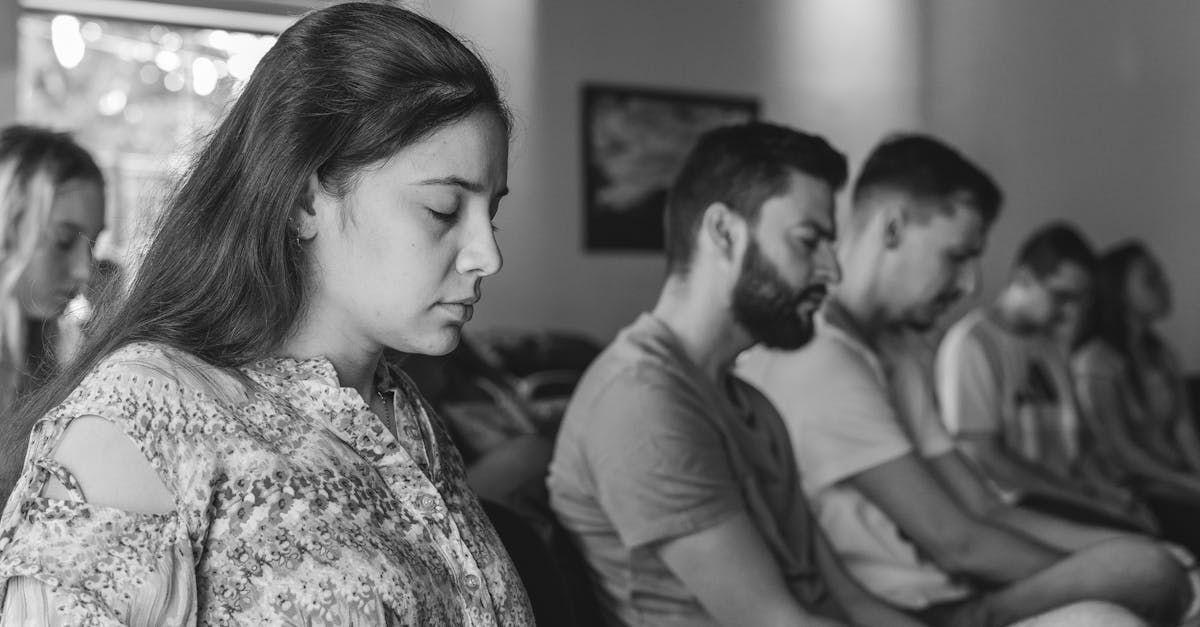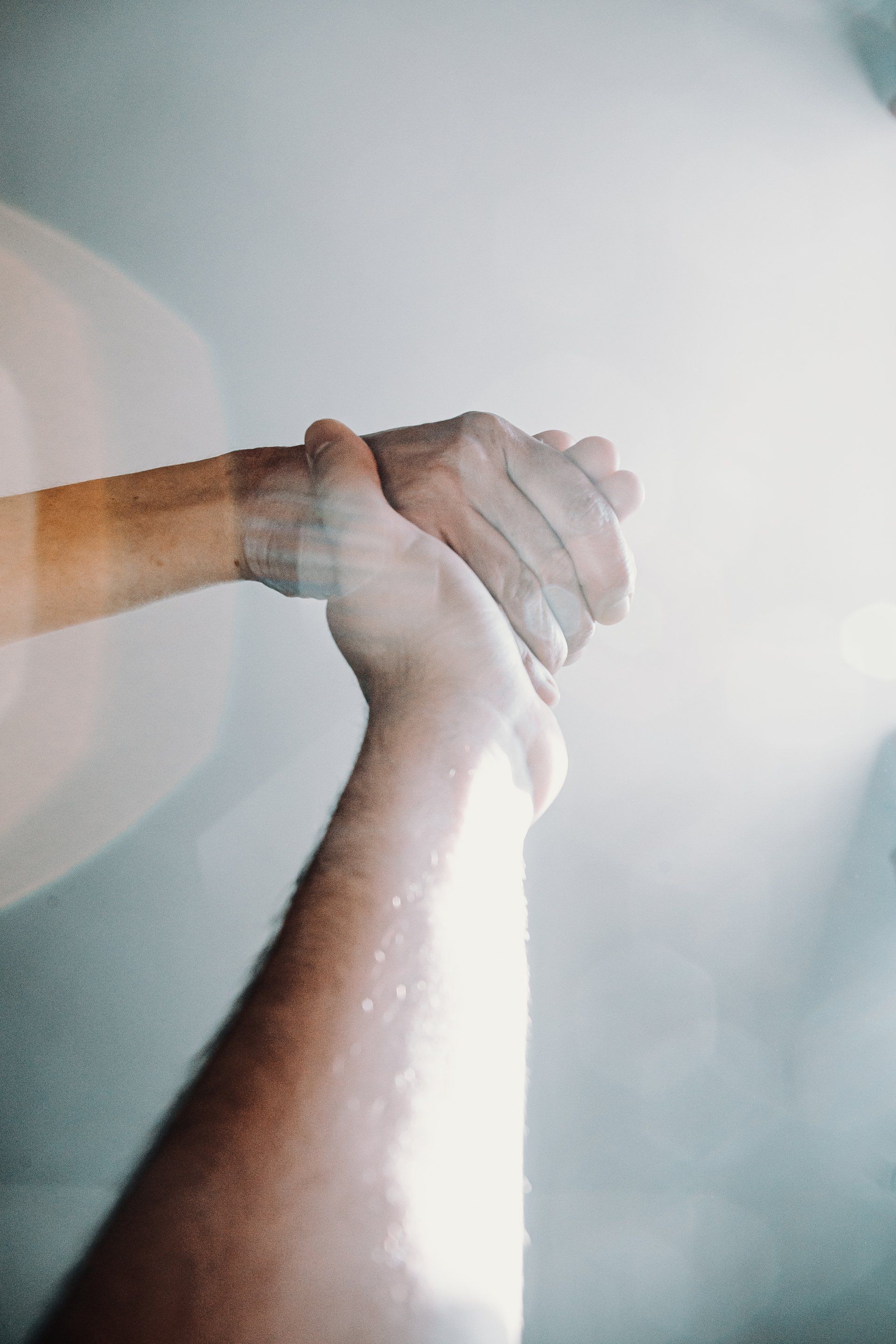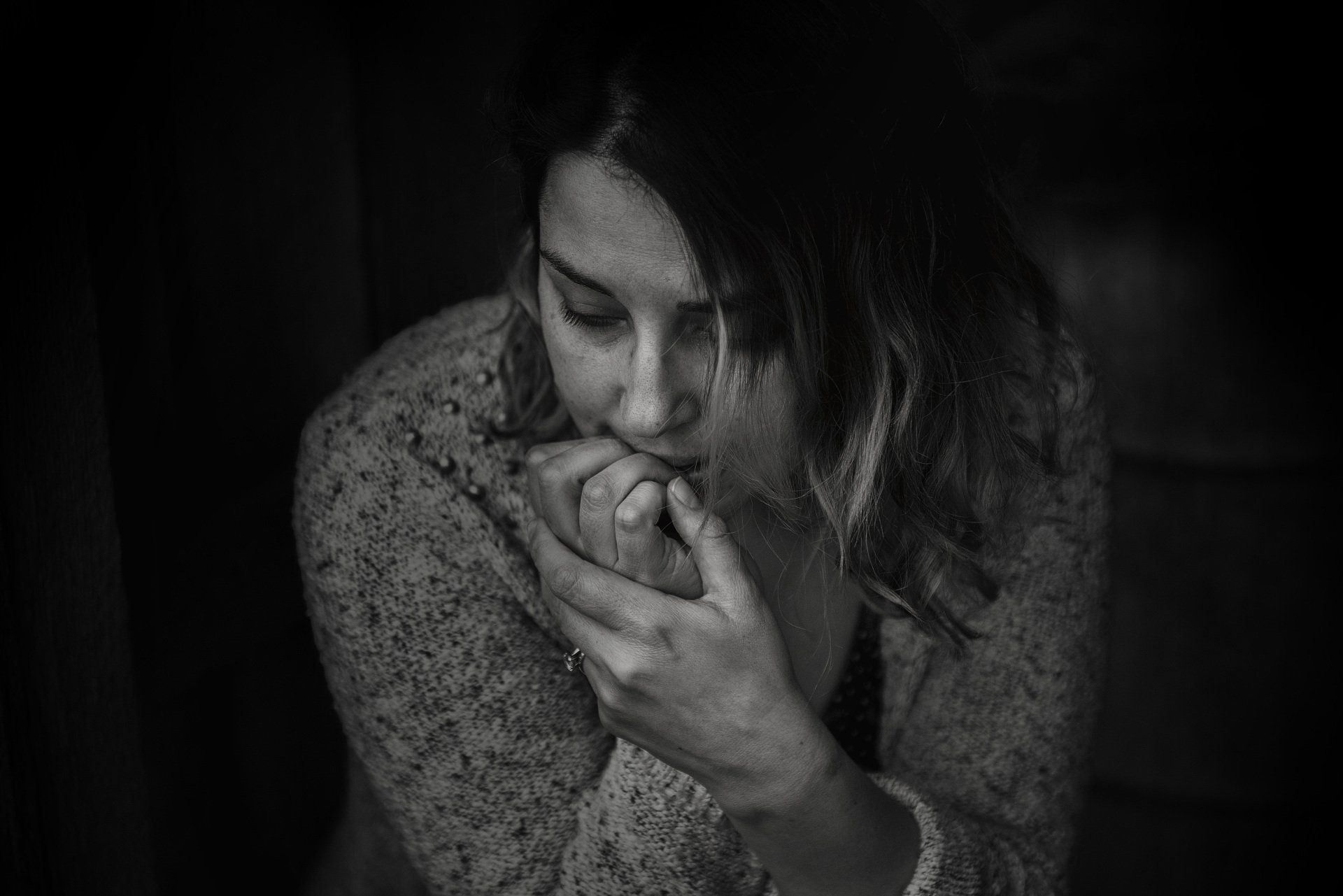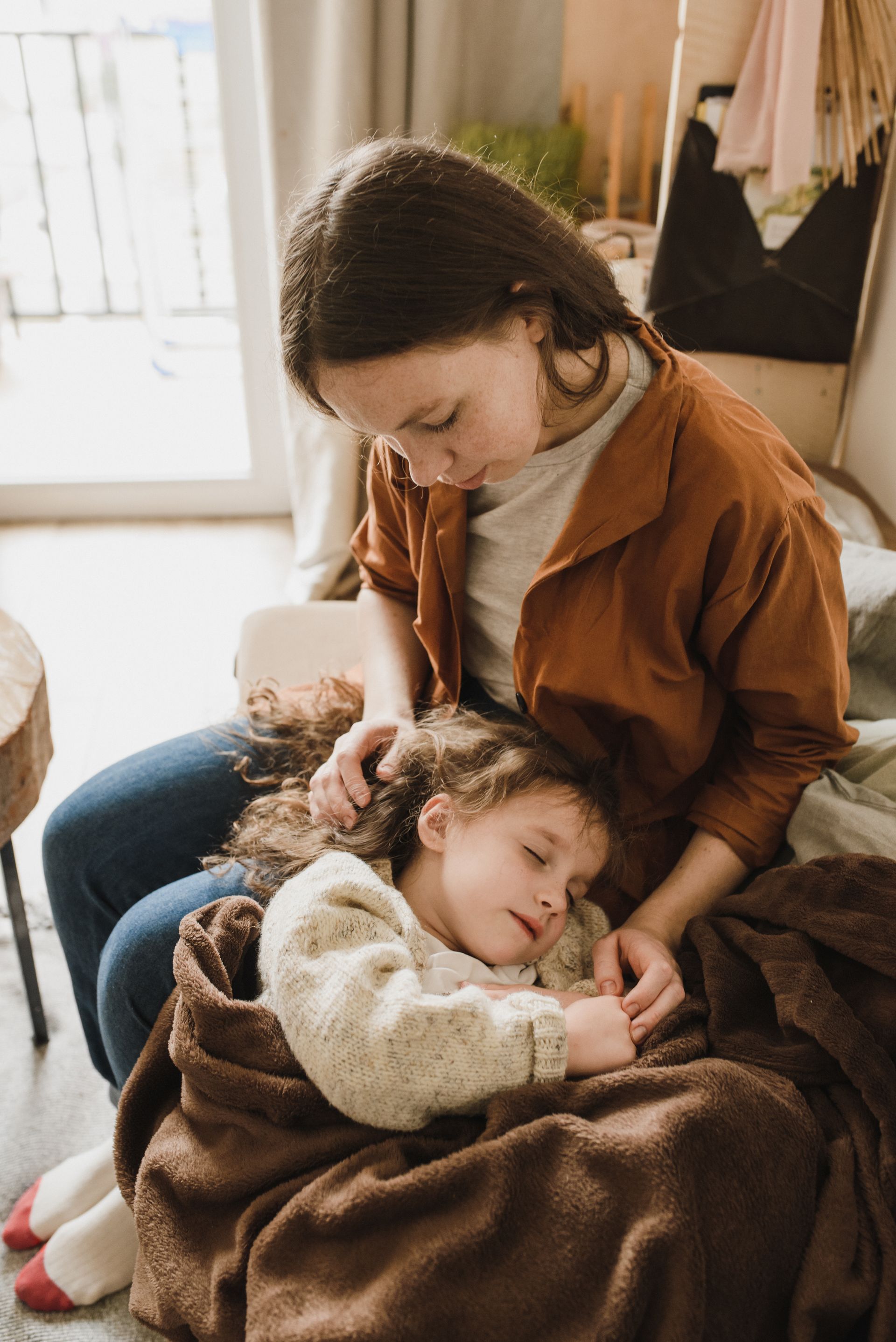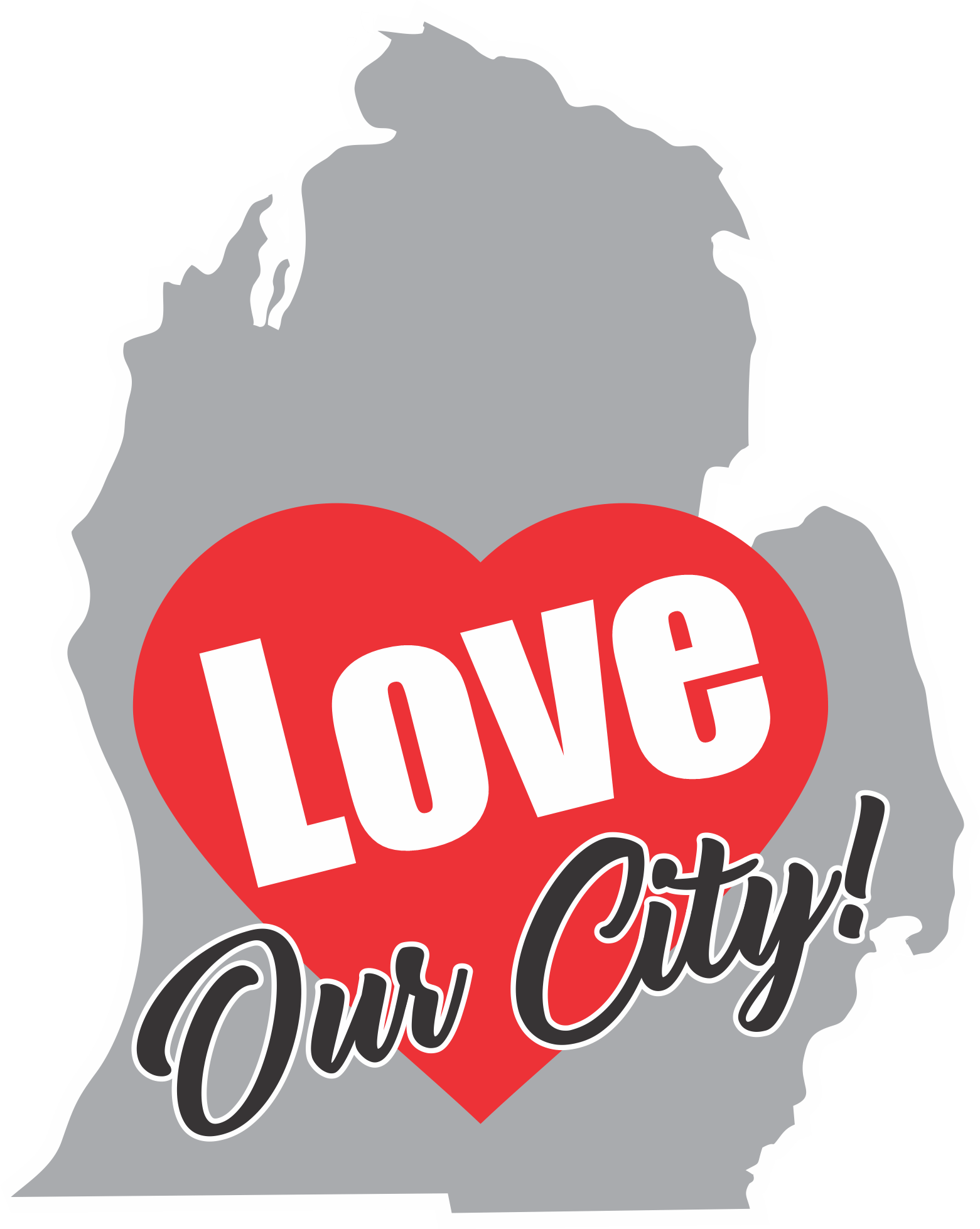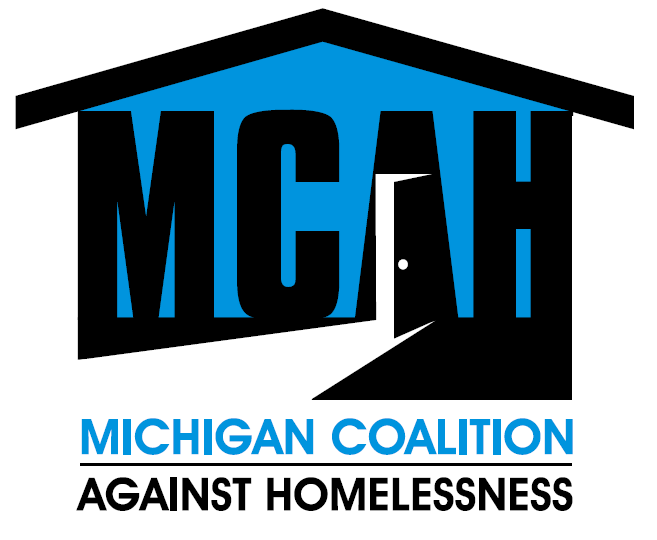A Bowl of Chili and a Side of Hope
A Simple Act of Kindness
One day recently, a man stopped by the Center of Hope, asking quietly if we had any food to give him. He’d been living in his car for months, a situation that, sadly, we’re encountering more and more often. His face was drawn and tired, a visible testament to what he had endured. I felt an instant pang of empathy as he spoke softly about his situation, hesitant yet grateful to be here. Without a stable place to live, he didn’t have access to a kitchen or even a reliable source of food. He just needed something to get him through the day.
With a nod, I got a shopping cart and guided him toward our pantry shelves. We carefully picked out essential food items, focusing on options he could eat without needing to cook, canned goods, protein bars, and fresh fruit. As we added items to his cart, I noticed him watching the shelves with a quiet resignation, like he wasn’t used to receiving help. He mentioned he hadn’t eaten a proper meal in days. I’d brought a pot of chili for the staff that morning so I offered him a bowl. He looked at me with a mix of surprise and gratitude, as though the simple offer was an unexpected gift. As we went into the kitchen I filled a bowl as he sat down at the small table. He asked if I was going to join him so I got a bowl for myself.
As we sat together, I made small talk, hoping to put him at ease. I asked where he was from, what he liked to do, and as we chatted, he started to open up. He shared pieces of his life that painted a picture I wouldn’t have guessed. He had an extensive education, impressive job experience, and at one point, he had led a comfortable life. Hearing this, I was struck by the fragility of circumstance. Just a few twists and turns in life, and he found himself here, struggling for the most basic needs.
There’s always a story behind each person’s circumstances. Often, it’s an unexpected incident, a health crisis, a layoff, or even the passing of a loved one that changes everything. In his case, it was a series of setbacks, one after another, that led him to where he was now. As we finished the meal, he put his head down, visibly emotional. When I gently asked if something was wrong, he looked up and said, “This is the first time I’ve sat down and shared a meal with someone in a long time.”
Hearing that, I felt the weight of his words settle over us. Something so simple, something I’d taken for granted countless times, sitting down to share a meal with another person, was something he hadn’t experienced in months. That moment, that small, shared connection, held a depth that was difficult to describe. For him, it wasn’t just the food that mattered; it was the human connection, the feeling of being seen and cared for.
The next evening, he returned to the Center of Hope and told the staff that he’d left with more hope than he’d had in months. He said that while his situation remained unchanged, he felt a renewed strength to keep going, a sense of dignity restored. The truth is, in those 30 minutes, we couldn’t change his circumstances. He still had no home to go back to that night. But he left feeling recognized, respected, and, most of all, less alone. That simple bowl of chili, and someone willing to listen, had given him a sense of hope and belonging.
In our work at the center, we’re often reminded that people don’t always need answers or solutions to their problems, they just need someone to see them, someone to show that they matter. A little kindness can go a long way. To us, it may seem like a small thing, but for someone in need, it can make all the difference. Sometimes, all it takes to change a person’s outlook, to rekindle their hope, is a simple act of kindness and a willingness to sit down, listen, and share a moment of compassion.
Hope Journal
